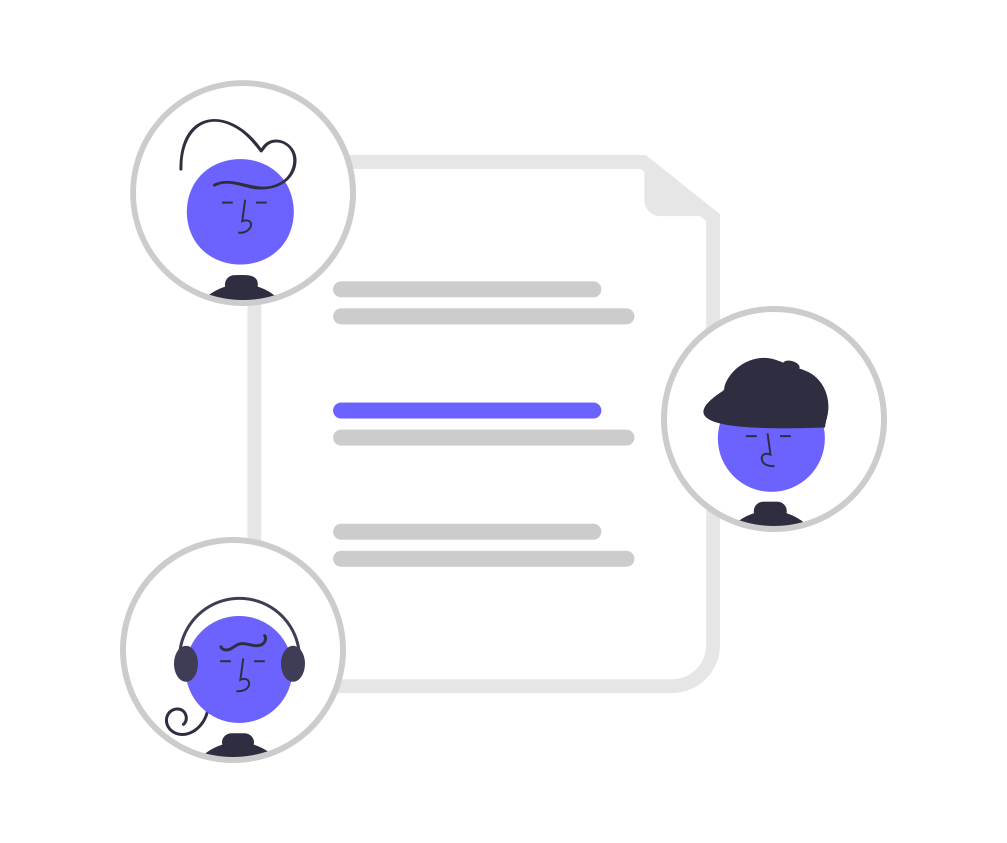In today's digital age, businesses have access to an unprecedented amount of customer data. This data, when utilized effectively, can significantly enhance marketing efforts by enabling personalized interactions with customers. Personalized marketing leverages customer data to tailor messages, offers, and experiences to individual preferences and behaviors. Here’s how businesses can harness the power of customer data for personalized marketing.
Understanding Customer Data
Customer data encompasses a wide range of information collected from various sources, including:
- Demographic Data: Age, gender, income level, education, occupation, etc.
- Behavioral Data: Purchase history, website interactions, email engagement, and social media activity.
- Psychographic Data: Interests, values, lifestyle choices, and personality traits.
- Transactional Data: Purchase amounts, frequency, payment methods, and customer service interactions.
Collecting Customer Data
Effective personalized marketing begins with collecting accurate and comprehensive customer data. Here are some common methods:
- Website Analytics: Tools like Google Analytics track user behavior on your website, providing insights into page views, time spent, and click paths.
- CRM Systems: Customer Relationship Management (CRM) systems store detailed information about customer interactions, preferences, and history.
- Surveys and Feedback: Direct feedback from customers through surveys can offer valuable insights into their preferences and satisfaction levels.
- Social Media: Monitoring social media interactions helps in understanding customer interests and sentiments.
- Purchase History: Analyzing past purchases can reveal trends and preferences that inform future marketing strategies.
Analyzing Customer Data
Once data is collected, the next step is analysis. This involves processing and interpreting the data to uncover patterns and insights. Techniques include:
- Segmentation: Grouping customers based on shared characteristics or behaviors to tailor marketing efforts to each segment.
- Predictive Analytics: Using historical data to predict future behaviors, such as the likelihood of a customer making a purchase.
- Customer Journey Mapping: Understanding the various touchpoints a customer interacts with before making a purchase to optimize the marketing strategy.
Implementing Personalized Marketing Strategies
With insights from customer data analysis, businesses can implement personalized marketing strategies. Here are some effective approaches:
- Personalized Email Campaigns: Use customer data to send targeted emails with relevant content, offers, and product recommendations.
- Dynamic Website Content: Modify website content based on visitor data to provide a customized browsing experience.
- Tailored Social Media Ads: Create ads that target specific segments based on their interests and behaviors.
- Customized Product Recommendations: Use algorithms to suggest products based on a customer's past purchases and browsing history.
- Personalized Loyalty Programs: Develop loyalty programs that reward customers based on their preferences and purchase history.
Benefits of Personalized Marketing
Personalized marketing offers several benefits, including:
- Increased Engagement: Tailored messages are more likely to capture the attention of customers and encourage interaction.
- Higher Conversion Rates: Personalized offers and recommendations can lead to higher conversion rates and increased sales.
- Enhanced Customer Experience: Providing relevant and timely information improves the overall customer experience, leading to higher satisfaction and loyalty.
- Improved ROI: Targeted marketing efforts are more efficient, resulting in a better return on investment (ROI).
Challenges and Considerations
While personalized marketing has numerous advantages, it also comes with challenges:
- Data Privacy: Ensuring compliance with data protection regulations, such as GDPR, is crucial to maintain customer trust.
- Data Quality: Accurate and up-to-date data is essential for effective personalization. Regularly clean and update your data to avoid errors.
- Integration: Seamless integration of various data sources and marketing platforms is necessary to deliver consistent and personalized experiences.
Future of Personalized Marketing
The future of personalized marketing lies in the continued advancement of artificial intelligence (AI) and machine learning (ML). These technologies enable deeper data analysis and more sophisticated personalization techniques, such as:
- AI-Driven Insights: AI can analyze vast amounts of data to uncover deeper insights and predict customer behaviors with greater accuracy.
- Real-Time Personalization: ML algorithms can provide real-time personalization, adjusting marketing messages and offers instantly based on customer interactions.
- Chatbots and Virtual Assistants: AI-powered chatbots can deliver personalized customer service and recommendations, enhancing the overall customer experience.
Conclusion
Leveraging customer data for personalized marketing is a powerful strategy that can significantly enhance engagement, improve customer experience, and drive revenue growth. By collecting, analyzing, and utilizing customer data effectively, businesses can create tailored marketing efforts that resonate with their audience and achieve better results.


